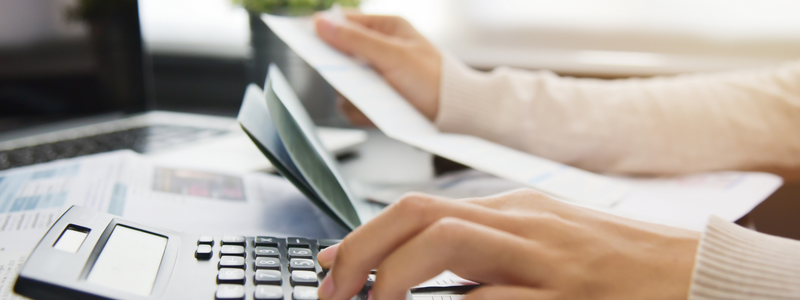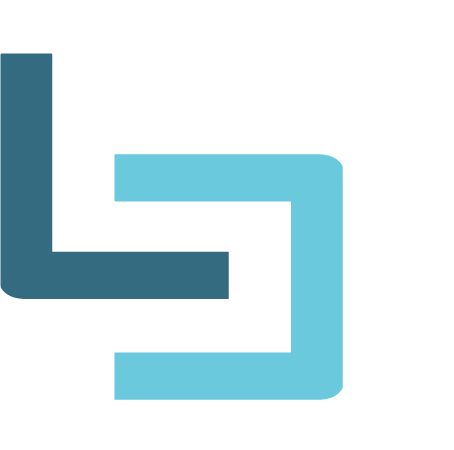
It’s the age-old question in the era of credit: How can you pay down your debt quickly? New to the question, however, is the “budget” part. As the cost of living continues to rise despite the fact that incomes remain stagnant, more debtors wonder how they can pay down their debt quickly even though they’re living paycheck to paycheck. If this is where you’re at — you want to become debt-free but you can barely afford your weekly groceries — worry not. There is a way you can whittle down that oppressive debt, continue to eat well and not have to take on a second job — it’ll just require a bit of patience, willpower and determination.
Budget for Your Debt Payments
One of the biggest mistake consumers make is failing to account for debt payments in their weekly or monthly budgets. Though not necessarily in the same ballpark as the utility or phone bill, a debt payment is a bill, and you should treat it as such until it’s gone. After all, it’s due every month, and if you fail to pay it, there will be consequences, which include a decreased credit score, interest charges and late fees.
The easiest way to account for your debt payments is to use the zero-sum budget approach. This approach involves taking every last dollar you earn each month and assigning it a job. You should make enough to confidently cover your recurring living expenses, including your debt payments. If you don’t, you need to take a good hard look at your expenditures and start making cuts.
Cut Out Unnecessary Expenses
Speaking of making cuts — if you’re reading this, chances are you’re at the point where you need to start reducing your living expenses. Can you cut your grocery bill by shopping in bulk and at discount stores? Can you make your own cleaning supplies? Do you really need to buy a $5 latte every morning, or can you make your own brew at home?
Review your bank statements and monthly bills to see where you can reasonably make cuts. Also, assess your subscriptions. You may hold subscriptions to apps, services or publications you no longer use, which could be costing you hundreds of dollars each month. Cancel those you don’t use and pause subscriptions you want to keep but can’t afford right now.
Aim to reduce your charges by at least 10%, and then apply that savings to pay down your debt faster. While these changes need only be temporary, you may discover that you can sustain them over the long-term.
Stop Impulse Buying
Research reveals that consumers spend approximately $5,400 on impulse purchases each year. That’s $450 a month that could go to debt, savings and other meaningful expenses. If you’re an impulse buyer, it’s time to stop — for good. Impulses purchases may provide a brief surge of satisfaction, but it’s just that — brief. The debt you amassed as a result of impulse buying is longer lived.
Avoiding impulse purchases is easier said than done. Before throwing something into your cart or clicking the “Buy Now” button, ask yourself, “Do I really need this item? Is it necessary that I buy it right now?” If you have a cart full of more than 20 items at the grocery store, review each to make sure that they’re absolute necessities. Chances are you can ditch more than a few.
Use Cash Only
Cash may be old-school, but it’s not obsolete. In fact, people who still use cash may be onto something, as studies reveal that individuals who use plastic spend up to 100% more than those who use paper money. This may be due to the phenomenon called “coupling.” When you spend with cash, you become immediately aware of how much an item cost. When you use plastic, however, there’s a period between when you purchase the item and when you actually have to pay for it, making the total seem less significant.
If you’re serious about budgeting, leave your credit and debit cards at home. Take only what you plan to spend. This way, you can’t talk yourself into overspending or spending more than you intended, as you truly cannot afford to go over budget.
Pay More Than the Monthly Minimum
By cutting unnecessary expenses and avoiding impulse buys, you should be able to free up some money to put toward your debt. But when you do, don’t just pay the monthly minimum. Paying just the monthly minimum means very little goes toward your debt, while the majority goes toward the interest. When you pay more than the minimum, however, you can slowly but surely put a substantial dent in your debt.
Paying down your debt may seem impossible when you’re living paycheck to paycheck. However, by reviewing your bank and credit card statements, creating a budget and developing smart spending habits, you can whittle away at your debt and be free of it quicker than you thought. If you’re really in over your head, consider using a personal loan to consolidate your debt and get back on financial track.



